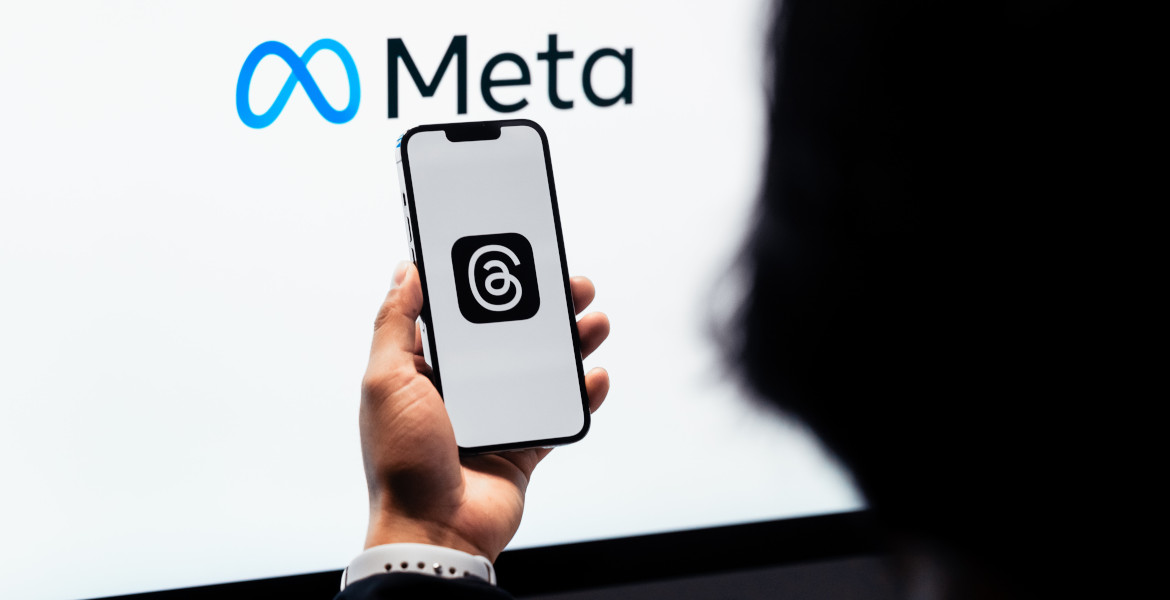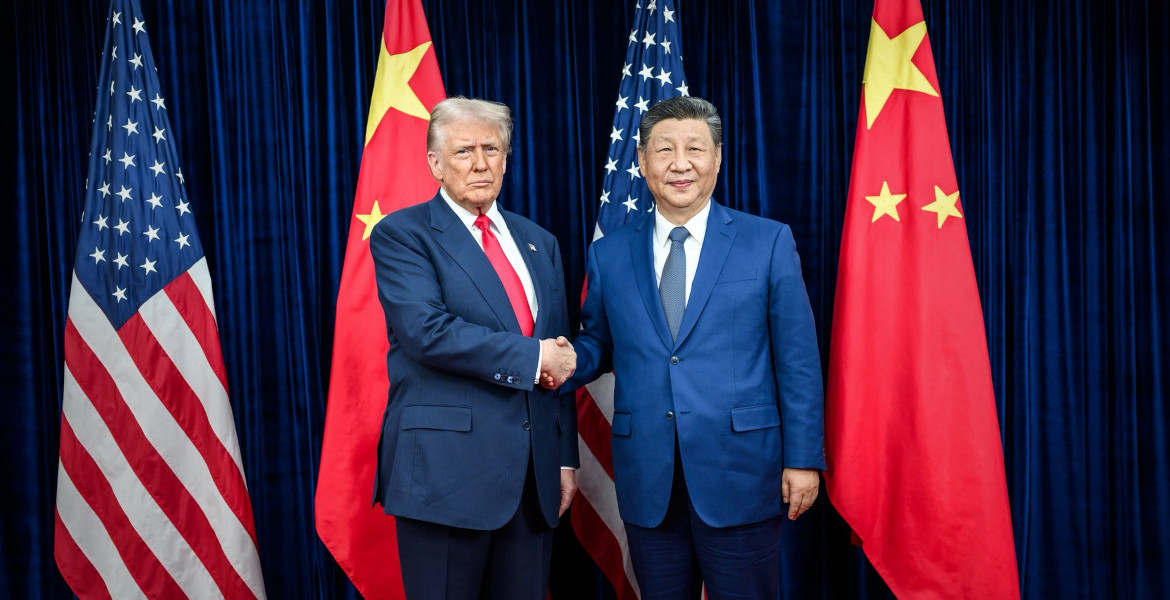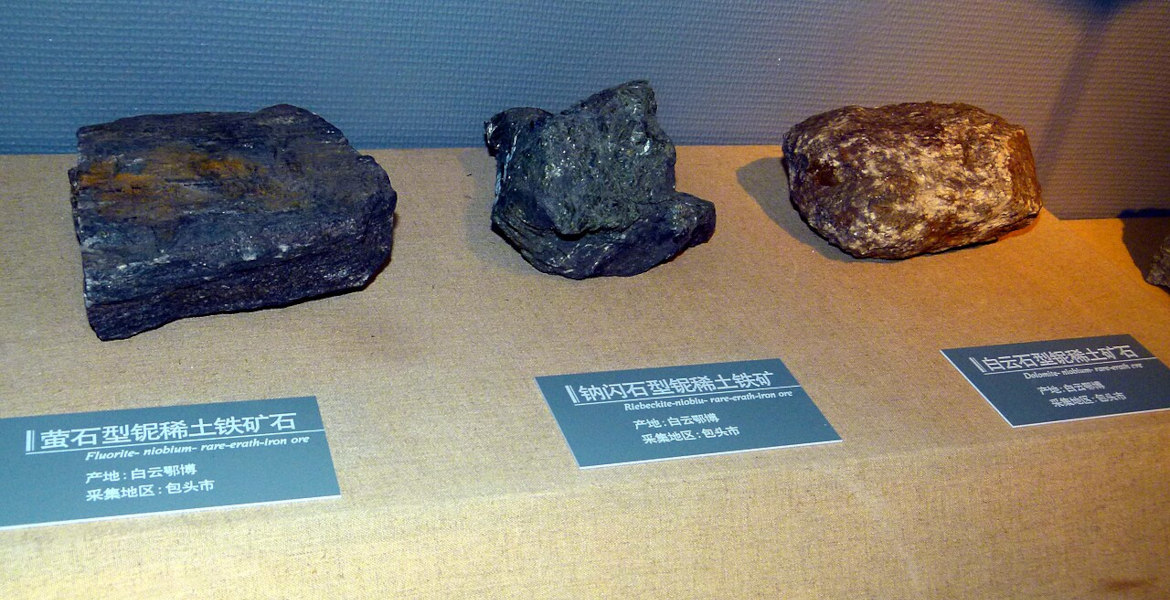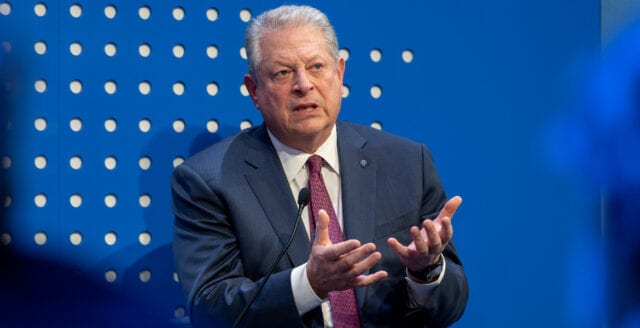Internal documents from Meta show that the company expected last year that ten percent of its revenue – $16 billion – would come from fraudulent ads. Instead of stopping suspected scammers, the tech giant often just charges higher prices for the ads.
The documents, reviewed by Reuters, reveal that Meta has failed for at least three years to stop an avalanche of ads that have exposed Facebook, Instagram, and WhatsApp users to fraudulent investment schemes, illegal online casinos, and sales of prohibited medical products.
Much of the fraud comes from marketers flagged by Meta's internal warning systems. But the company only bans advertisers if the probability of fraud is at least 95 percent. If the uncertainty is greater, Meta instead charges higher advertising prices as a "penalty fee" – the idea being to deter suspected advertisers.
In the United Kingdom, a regulatory authority found that Meta's products were involved in 54 percent of all payment-related fraud losses during 2023. In the United States, the Securities and Exchange Commission (SEC) is investigating Meta for fraudulent financial ads.
Fines smaller than revenue
Meta expects fines of up to $1 billion, according to an internal document. But these would be much smaller than the revenue from the fraudulent ads. Every six months, the company earns $3.5 billion just from ads that "present higher legal risk".
According to the documents, the company's leadership decided to only act in response to imminent regulatory actions – not voluntarily.
After a meeting with CEO Mark Zuckerberg in October 2024, Meta decided to gradually reduce the share of revenue from fraud from 10.1 percent in 2024 to 5.8 percent in 2027.
Meta spokesman Andy Stone says the documents "present a selective view that distorts Meta’s approach to fraud and scams". The estimate of 10.1 percent was "rough and overly inclusive" and included "many" legitimate ads, he says without providing an updated figure.
— Over the past 18 months, we have reduced user reports of scam ads globally by 58 percent, Stone says according to Reuters.







